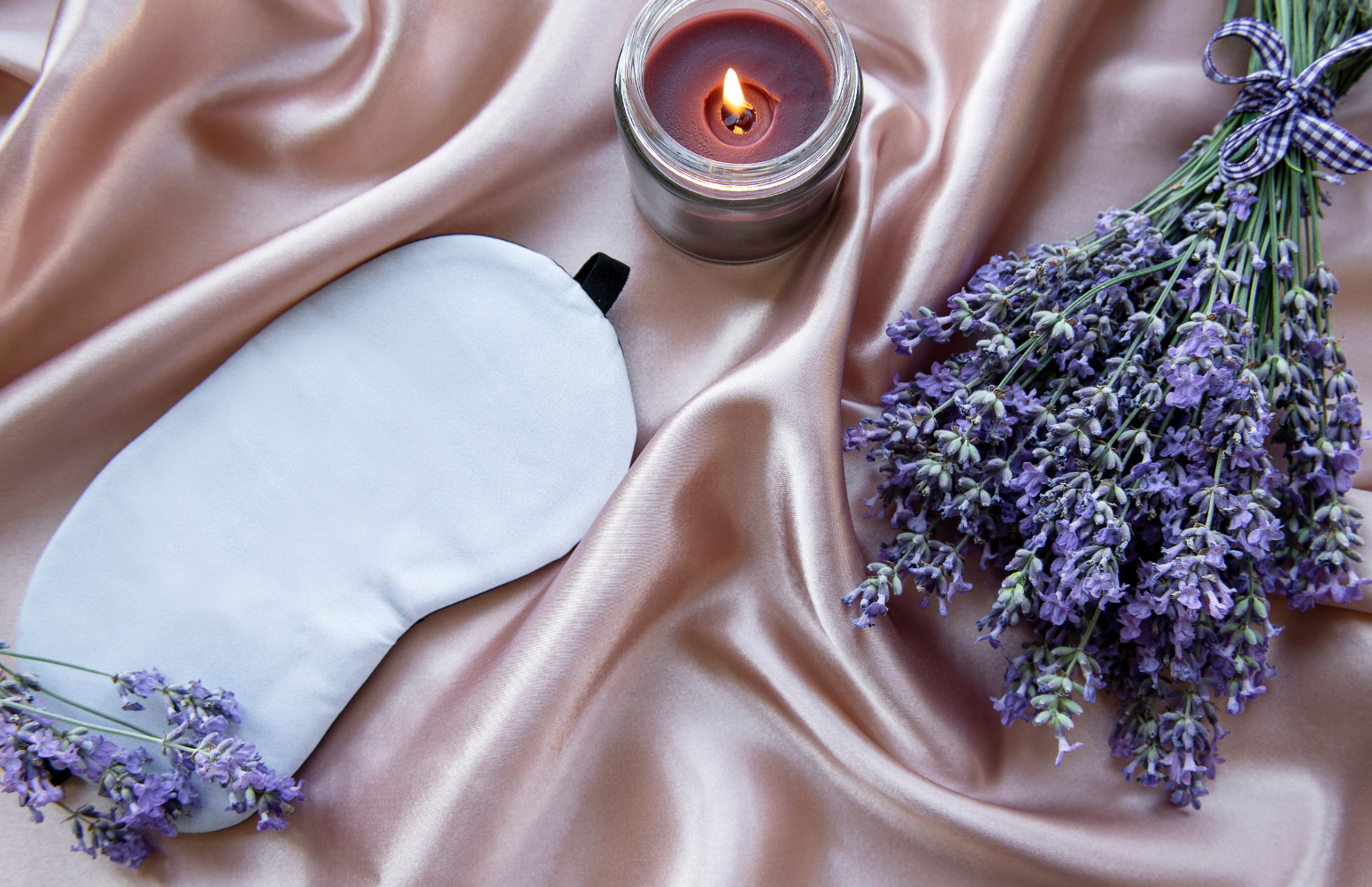The sun is going down, nighttime is settling in, and a long night of rest is upon you. But sometimes, it isn't always guaranteed. In this blog, we will go over how to get better sleep.
Getting a good night's rest is essential for our overall well-being and productivity. Unfortunately, many people struggle with sleep-related issues, leading to fatigue and reduced quality of life.
The good news is that there are simple steps you can take to enhance your rest and wake up feeling refreshed and rejuvenated. So what can you do to improve or enhance your experience?

Recommendations For a Good Night's Sleep
Establish a Consistent Sleep Schedule:
Our bodies thrive on routine, and establishing a regular schedule can work wonders for our sleep quality. Aim to go to bed and wake up at the same time each day, even on weekends. This helps regulate your body's internal clock and promotes better patterns. Consistency is key when it comes to aligning your sleep-wake cycle, so try to stick to your schedule as much as possible.
Create a Sleep-Friendly Environment:
Your environment plays a significant role in determining the quality of your sleep. Make sure your bedroom is cool, quiet, and dark. Invest in comfortable bedding, pillows, and a mattress that adequately supports your body. Choosing a mattress that is both supportive and comforting, in addition to finding equally relaxing pillows and bedsheets, can be a game-changer. Consider using blackout curtains, earplugs, or a white noise machine to block out any disturbing sounds or light. Creating a peaceful and relaxing atmosphere will signal to your brain that it's time to unwind and prepare for sleep.
Limit Exposure to Blue Light Before Bed:
The blue light emitted by electronic devices, such as smartphones, tablets, and laptops, can interfere with your rest. The blue light suppresses the production of melatonin, a hormone that regulates sleep. To enhance your rest, establish a digital curfew at least an hour before bedtime. Instead of scrolling through your phone or watching TV, engage in calming activities like reading a book, taking a warm bath, or practicing relaxation techniques like meditation or deep breathing exercises. If you must use electronic devices, consider using blue light filters or wearing blue light-blocking glasses to minimize its effects.
Practice a Relaxing Bedtime Routine:
Creating a calming bedtime routine can signal your body and mind that it's time to wind down. Engage in activities that promote relaxation, such as taking a warm bath, listening to soothing music, or practicing gentle stretching or yoga. Avoid stimulating activities or discussions that can elevate your heart rate and increase mental alertness. Find what works best for you and make it a regular part of your nightly routine.
Watch Your Diet and Exercise:
Your daytime habits can significantly impact your sleep quality. Avoid consuming large meals, caffeine, and nicotine close to bedtime, as they can disrupt your rest. Instead, opt for lighter meals and herbal teas that promote relaxation. You can find our suggestions on maintaining a healthy diet in our “Eat Well, Stay Healthy” blog post. Engaging in regular exercise, preferably in the morning or afternoon, can help regulate your sleep-wake cycle and promote deeper, more restful sleep at night. However, avoid vigorous exercise too close to bedtime, as it can increase alertness and make it harder to fall asleep.
In addition to these recommendations, try out the “Sleep Mode” features available on iPhones and Androids. These are designed to help you use your phone less by reminding you when it’s time to wind down, placing your phone on do-not-disturb for you.
Enhancing your rest doesn't have to be a daunting task. By implementing these simple strategies into your daily routine, you can significantly improve the quality of your sleep and reap the benefits of feeling well-rested and energized throughout the day. Remember, consistency and creating a sleep-friendly environment are key factors in optimizing your sleep. Prioritize your sleep health, and you'll experience the transformative power of a good night's rest. For more resources on how to improve your sleep, check out the CDC’s “Basics About Sleep” page.